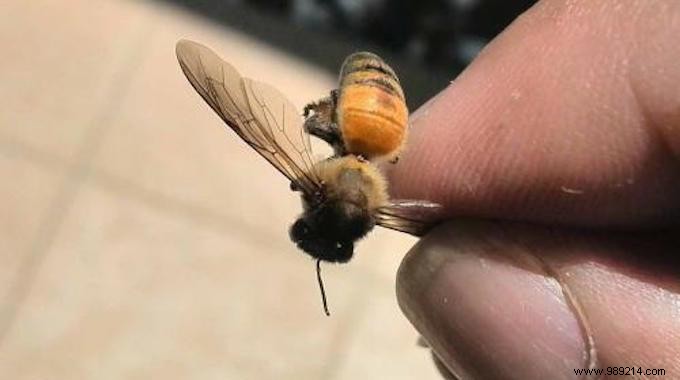
Bees are dying by the millions, with mortality rates continuing to rise.
Governments worldwide are increasingly recognizing that neonicotinoids—one of the most widely used pesticides—play a major role in bee population declines.
The United States has now taken action.
For over a decade, the U.S. Environmental Protection Agency (EPA) faced intense pressure from environmental groups and beekeepers to reevaluate approvals for neonicotinoids.
Extensive research demonstrates that these systemic insecticides harm bees and other vital pollinators.
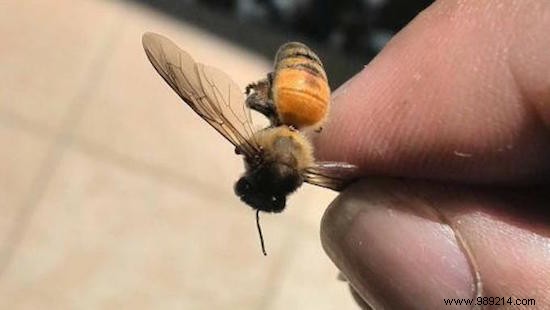
A decision 20 years in the making
In a January report, the EPA essentially acknowledged these risks.
Produced by European agrochemical leaders Syngenta and Bayer, neonicotinoids are the world’s most commonly used insecticides.
The EPA initiated a review in 2009 amid growing concerns.
Yet annually, tens of millions of hectares of crops are treated, devastating hive health and bee populations.
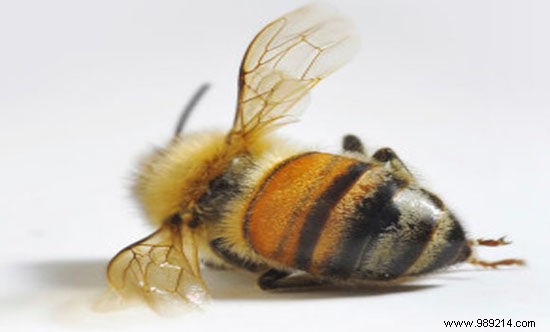
The EPA’s reevaluation zeroed in on imidacloprid, Bayer’s flagship neonicotinoid.
It specifically examined impacts on bee health.
The findings are stark: The EPA may limit or ban imidacloprid by year’s end.
The EPA’s risk assessment team analyzed dozens of studies from independent researchers and industry sources.
They determined imidacloprid harms bees at concentrations exceeding 25 ppb—levels routinely found in treated crops.
As stated in an EPA release: “We’ve observed declining pollinator numbers and reduced honey production.”
Cotton and citrus crops pose the greatest risks, per U.S. Geological Survey (USGS) data showing high imidacloprid levels in cotton.
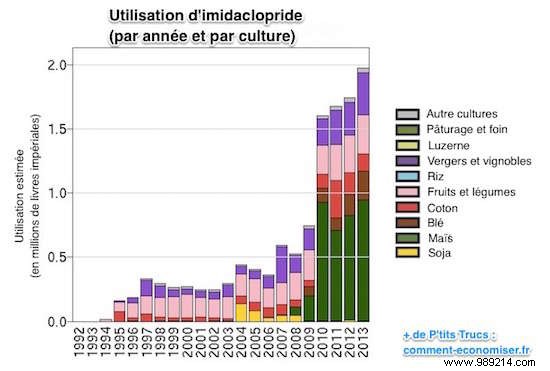
Soybeans see the heaviest use, though data gaps persist on pollen and nectar residues. Bees foraging here face elevated exposure.
Remarkably, despite EPA approval since the 1990s, full impacts remain understudied.
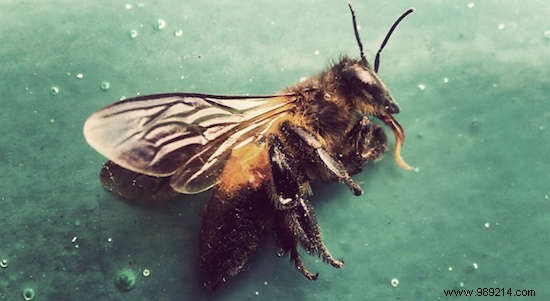
The EPA will review public comments on this assessment.
It must also evaluate imidacloprid’s effects on birds, butterflies, and aquatic species, as recent studies highlight broader risks.
Meanwhile, beekeepers and environmental groups have sued the EPA for inadequate prior evaluations of widespread neonicotinoid use.
To safeguard your family, prioritize organic products free from these pesticides—bees’ vulnerability signals human risks too.
We recommend trusted organic retailers like Biocoop, adhering to strict standards.
For deeper insights, read Stéphane Foucart’s And the World Became Silent.